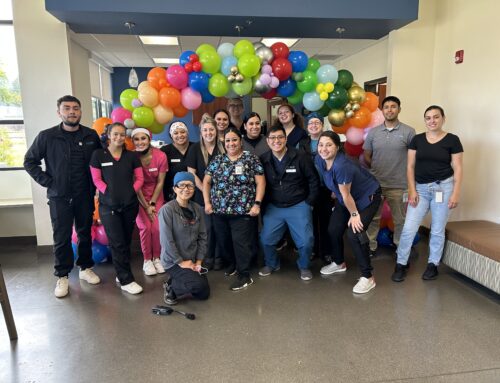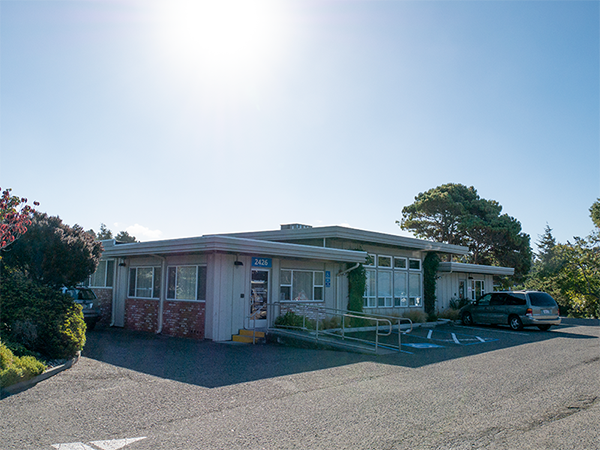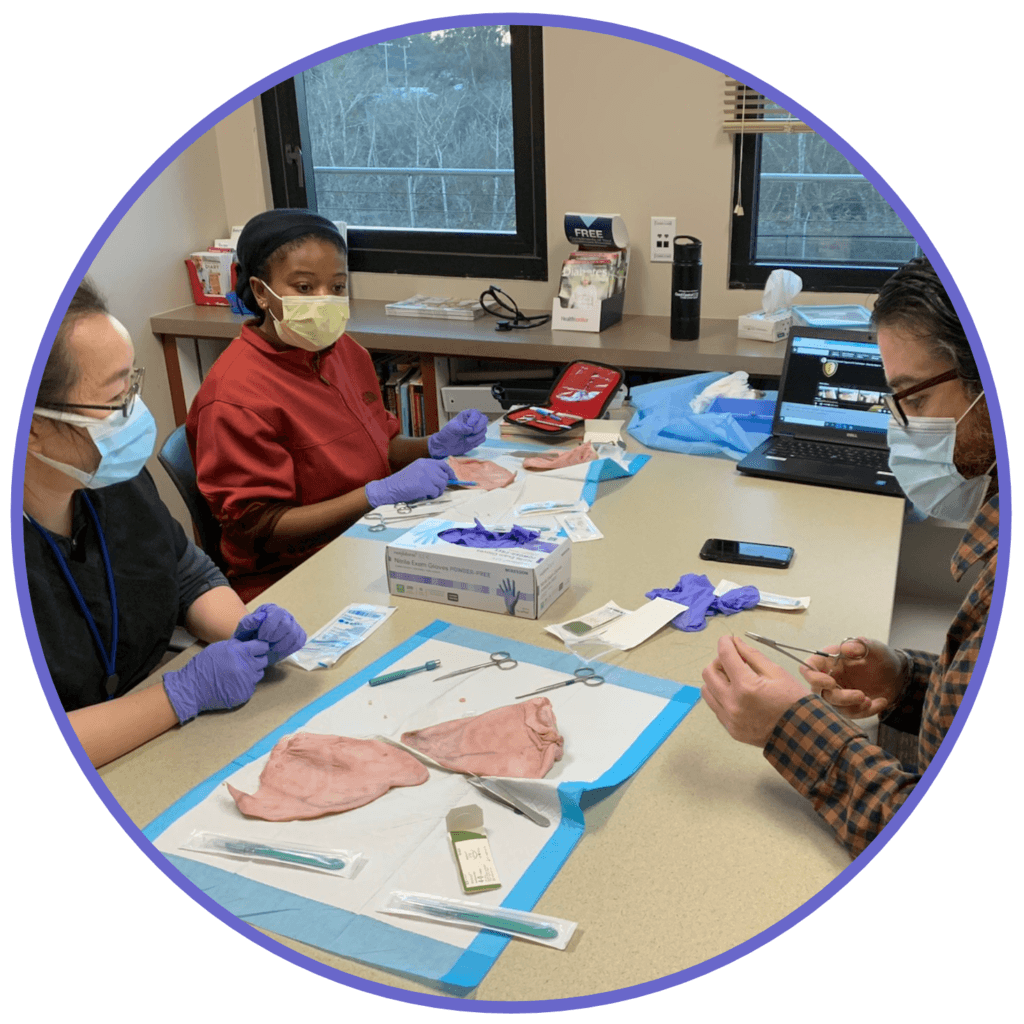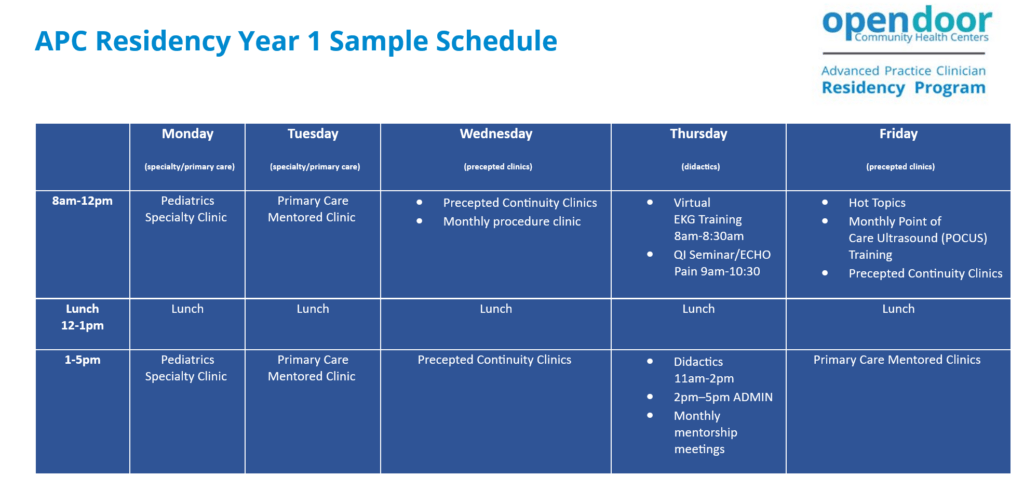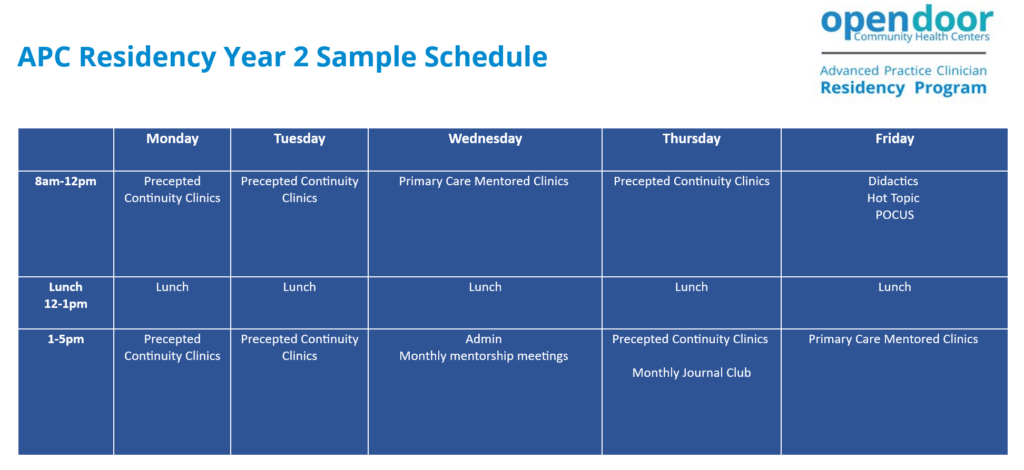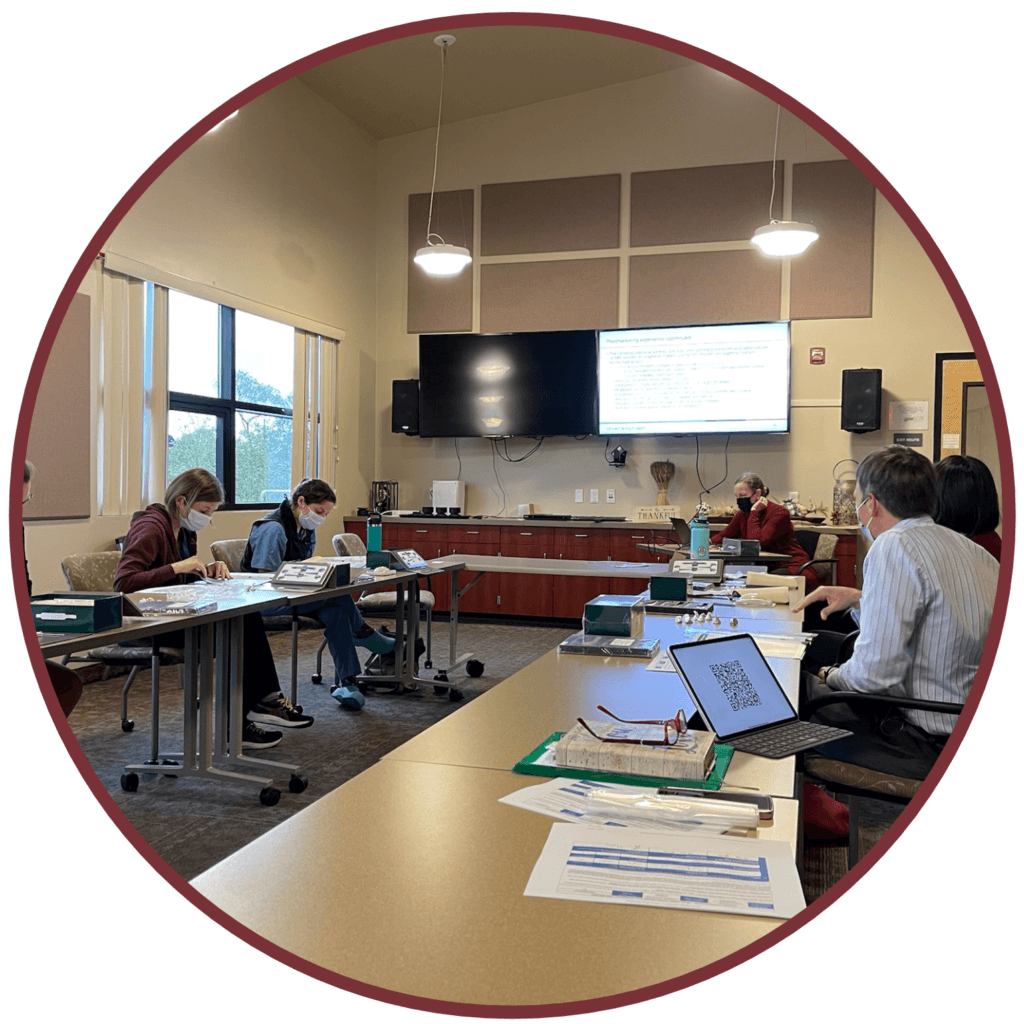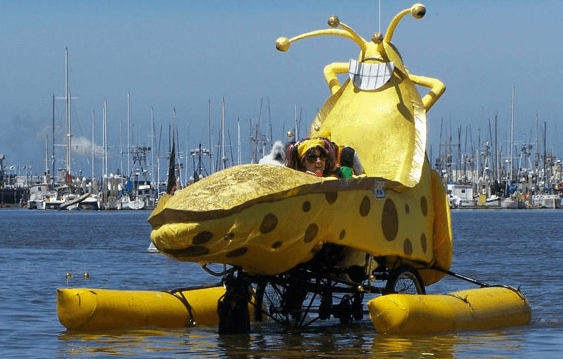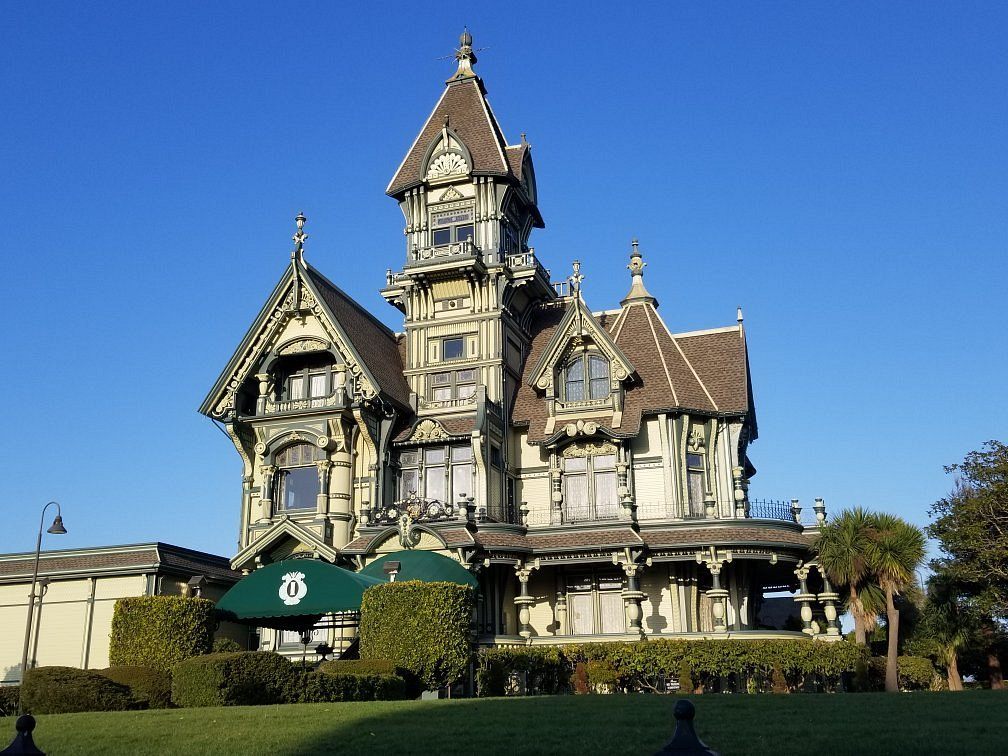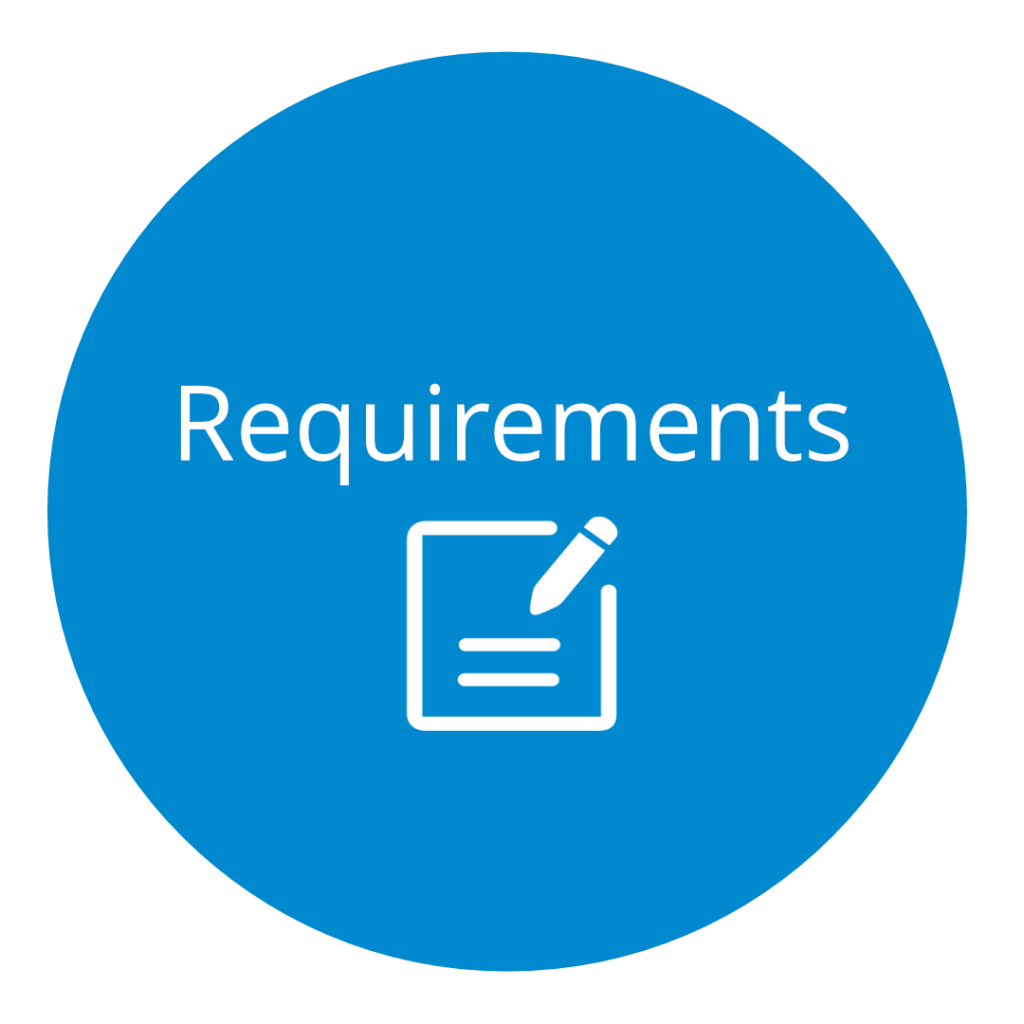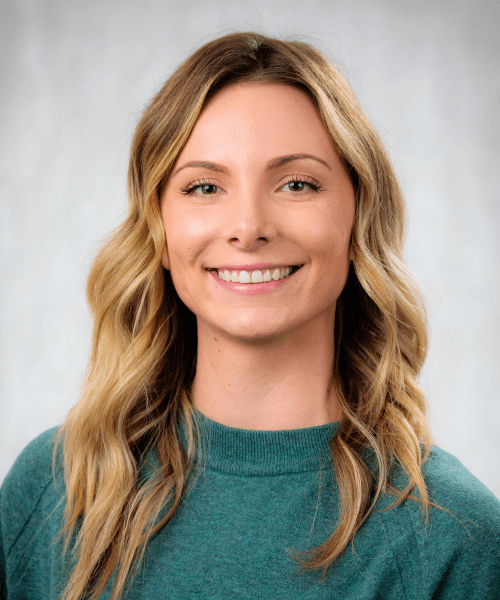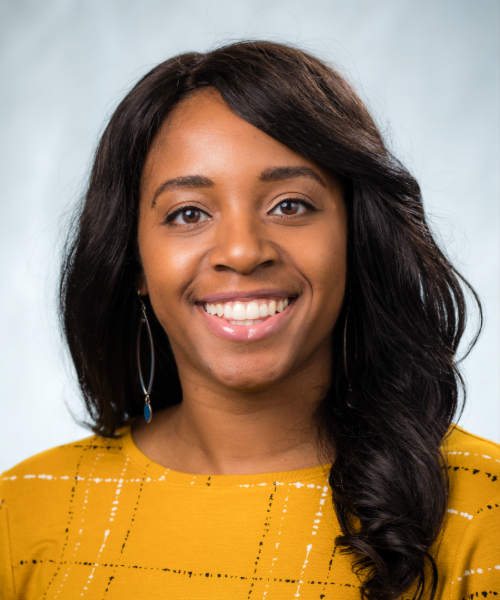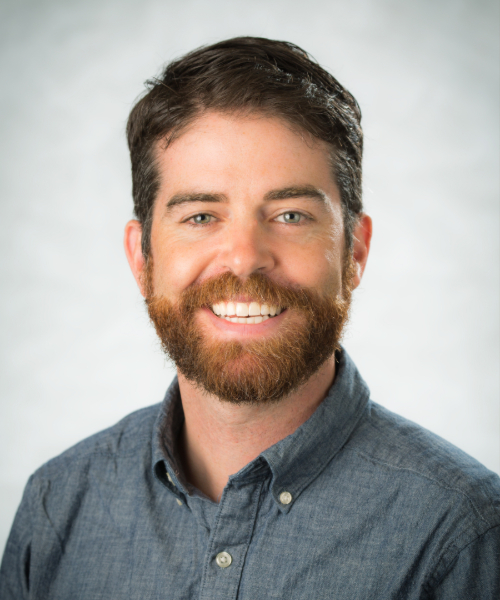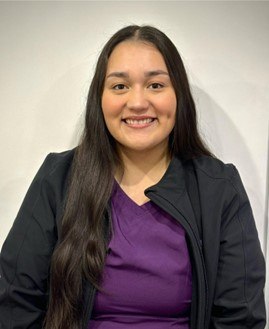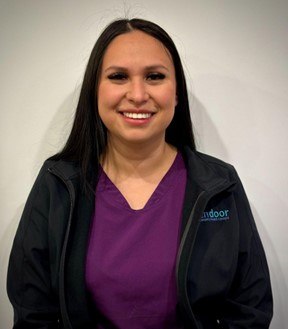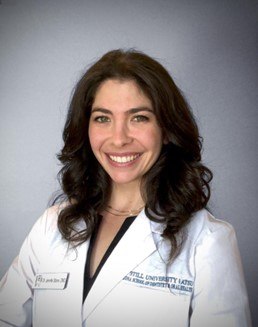Do you need medical care today, but you can’t get in with your regular Open Door provider?
Open Door is pleased to announce walk-in services for non-life threatening medical issues!
What: Open Door Acute Care Center (ACC) for walk-in appointments for established Open Door patients
Who: for all established Open Door patients. We cannot accept anyone who is not already a patient of Open Door.
Where: 2412 Buhne Street, Eureka, CA 95501 | 707.443.4666 phone
When: 8 am – 5 pm, Monday through Friday (closed for lunch 12:00PM – 1:00 PM)
What: Walk-in health center (no appointment needed) for established patients
Morning appointments accepted before 11:15 AM
Afternoon appointments accepted before 4:15 PM
The ACC serves the following acute issues:
- Cough, chest, or sinus congestion
- Sore throat
- Earache/ear pain
- Nausea/vomiting
- Diarrhea/constipation
- Headache/migraine
- Pinkeye
- Eye injury
- Asthma or COPD flare up
- Wounds/minor injury
- Abscess or other infection
- Lice, scabies, ringworm, or rash
- STD testing
- UTI or yeast infection
- Back or joint pain, less than 2 weeks
Important Notes:
- Appointments are made on a first-come first-served basis.
- Wait times can be up to 2 hours.
- Come in early, as schedules fill up quickly. We open to pts at 8 am and 1 pm. You can call ahead to see if our schedule is full at (707) 443-4666.
The Acute Care Center cannot see patients for work related injury or illness, sports physicals, or medication refills of any kind.
We cannot treat life-threatening conditions. If you have any of the following, please call 911 or proceed to the Emergency Department nearest you:
- Chest pain or heart palpitations
- Acute psychiatric changes including suicidal ideation
- Severe abdominal pain, active internal bleeding (throwing up blood or black stool)
- External bleeding, uncontrolled bleeding or bleeding/ spotting with possible pregnancy
- Poisoning
- Car accident/physical trauma (assault/major fall)
- Suspected (child, sexual, or elder) abuse
- Neurological changes including stroke, recent loss of consciousness, decreased level of consciousness (unusually sleepy, listless, “out of it” confused, hard to wake, not acting normal) and seizures

